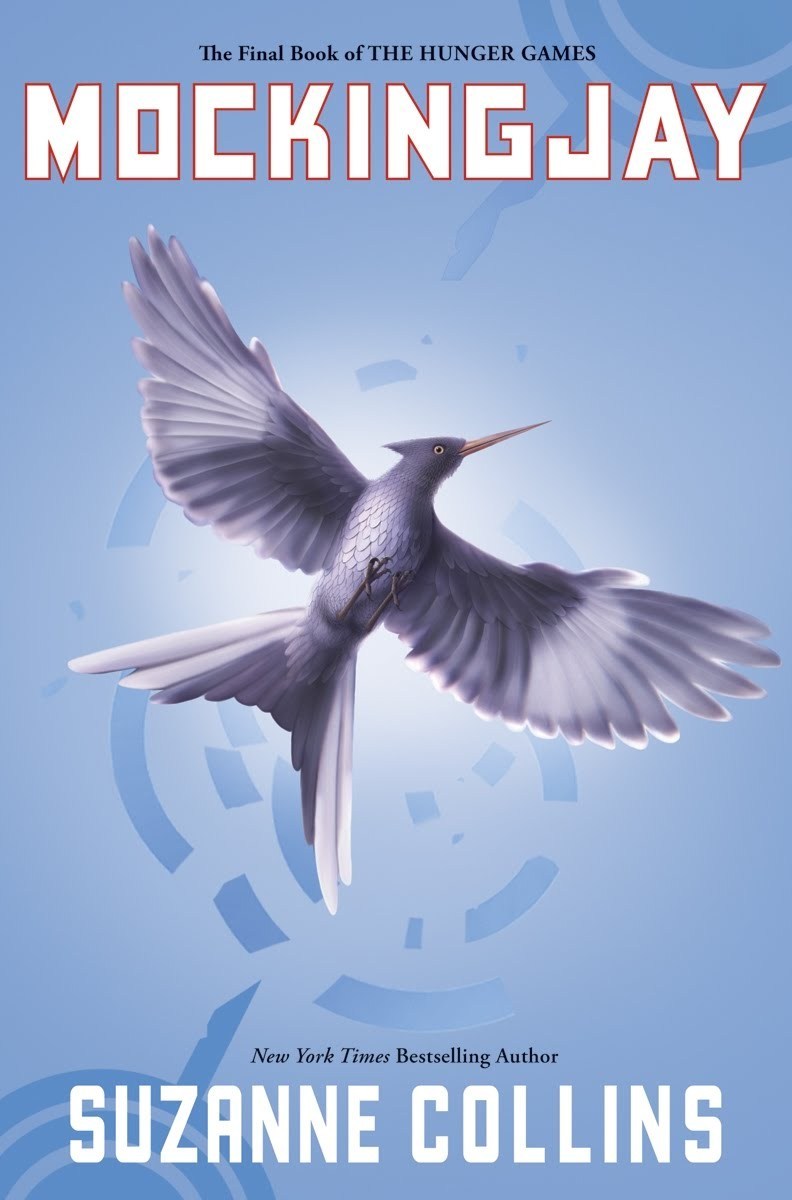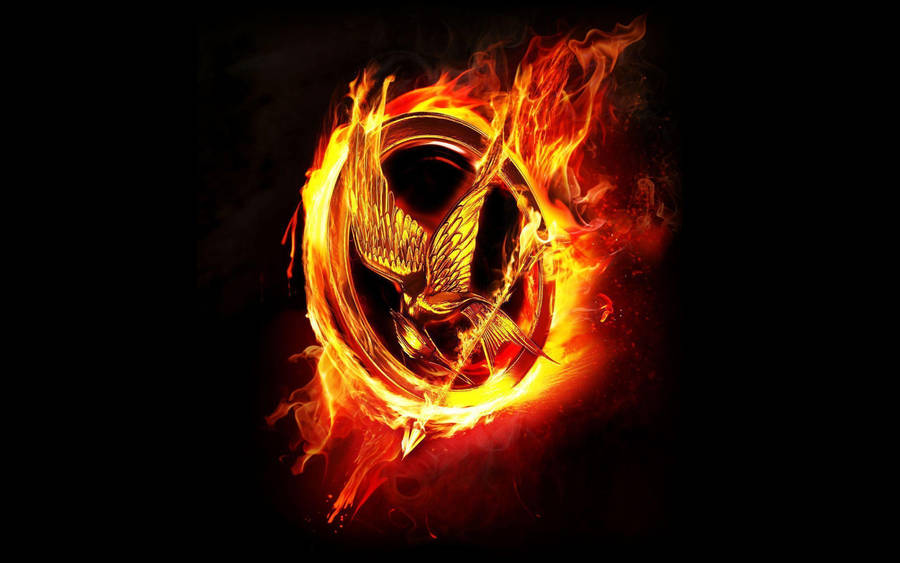These are my thoughts.
Yes, Mockingjay is violent - even moreso than its predecessors, The Hunger Games and Catching Fire. It’s cringeworthy at times.
Yes it's a kid's book (Young Adult, 12 and up).
But I wouldn't want it any other way.
There are two issues here: the violence and the reading age.
For one thing, the violence isn’t gratuitous. Mockingjay takes place in the center of a revolution. In a society more violent than our own (let's hope).
I'm sure anyone who saw Saving Private Ryan remembers the horrific and graphic violence portrayed when the soldiers storm Omaha beach at Normandy. I can still visualize the moment when one soldier is standing and looking for something. He seems almost dazed and aimless - until you realize he's looking for his arm.
As much as Suzanne Collins’ dystopian society in The Hunger Games trilogy is obviously fiction - and not real, there are obvious parallels we can draw here. War is real. And it is violent. And horrific. When you read about it, you’re supposed to cringe.
In Mockingjay (or any of the books in the trilogy), Suzanne Collins isn’t glorifying war or violence. In fact she weaves the emotional and psychological effects of the violence seamlessly into the lives of every character.
* SPOILER ALERT *
(Highlight the text to read the next paragraph).
You can make the argument that not a single character left alive at the end of Mockingjay has a “happy ending.” Katniss and Peeta are both so psychologically scarred and damaged, that even together, their relationship is a matter of survival - of needing someone there to help keep the nightmares at bay or to answer “real or not real.” Haymitch has lapsed from sobriety back into alcoholism and a life where he is utterly alone. Even Gale who’s off with his fancy job in District 2, must live with the fact that he doesn’t know whether he is responsible for Prim’s death.
END OF SPOILER
There is absolutely nothing romanticized about the violence in Mockingjay, and quite frankly without the graphic descriptions and the way they can - and should - make you cringe, it runs the risk of dulling the emotional impact and the severity of what’s happening, that no matter the outcome, there are no winners in war.
The second issue is of course that unlike Saving Private Ryan, Suzanne Collins’ series is not written for an adult audience (though any adult who hasn’t read the books, should). It’s written for teens - or “young adults.”
And here we run into the same underlying issues that have been censoring writers like Ellen Hopkins for the past several years. (And she’s in good company: when I was teaching, each year I fought arguments from parents who wanted to censor Maya Angelou, Mark Twain, JD Salinger, Harper Lee, and Arthur Miller for one reason or another).
The truth of it is, we as adults need to wake up. The youth of today is living in a different world than we were even just 15, 10, or even 5 years ago.
Movie franchises like Batman, Iron Man, Spider-Man, etc are all laden with violence on screen, and kids younger than the majority of those reading Mockingjay are watching them - actually visually seeing the violence played out on screen.
We’ve all heard the arguments about video games and the possibly desensitizing violence there. And the swearing and violent undertones in rap music or whatever else.
But the youth of today is growing up with knowledge - about everything - literally at their fingertips. All they have to do is log onto a computer and the internet can access them anything. (And don’t delude yourself when it comes to those firewalls. Smart kids find ways around them and tell everyone else. When I was teaching, the only people the firewalls kept from accessing facebook were the teachers.)
Kids today are just different, and they’re not going to read about Scout and Jem Finch and be moved the same way some of us adults were. There’s a reason that most of the high school kids don’t actually read. (Reading cliff notes or asking the one kid in class who does their reading doesn’t count, obviously. I will wage money, that even in my Honors classes, less than 10% of my students actually read all of the required reading in its entirety.) Even The Catcher in the Rye has a disconnect to the majority of the youth of today. They think Holden’s whiny, and they don’t get what the Big Deal is.
They want to read about sex, drugs, and violence because that’s the world they live in right now. Those are the topics that will move them and open up dialogue and allow them to think. And I for one would rather give them Crank or Beautiful and allow them to realize they’re not alone or experience the contents behind the safety of the written word than send them into the world unprepared.
As for the violence specifically in Mockingjay. The same reasoning applies. There’s something to be said for having kids read about Panem’s dystopian society for more than just entertainment - but because hopefully some version of that won’t be our future.
I have a former student in the front lines of Afghanistan. He’s eighteen years old and two years ago when he was a junior in my classroom, he and his best friend taught me how to play Pokemon during lunch because the two of them played and talked Pokemon all the time.
That’s reality. (Just read War by Sebastian Junger. It’s enough to make you feel ancient at twenty-nine.)



